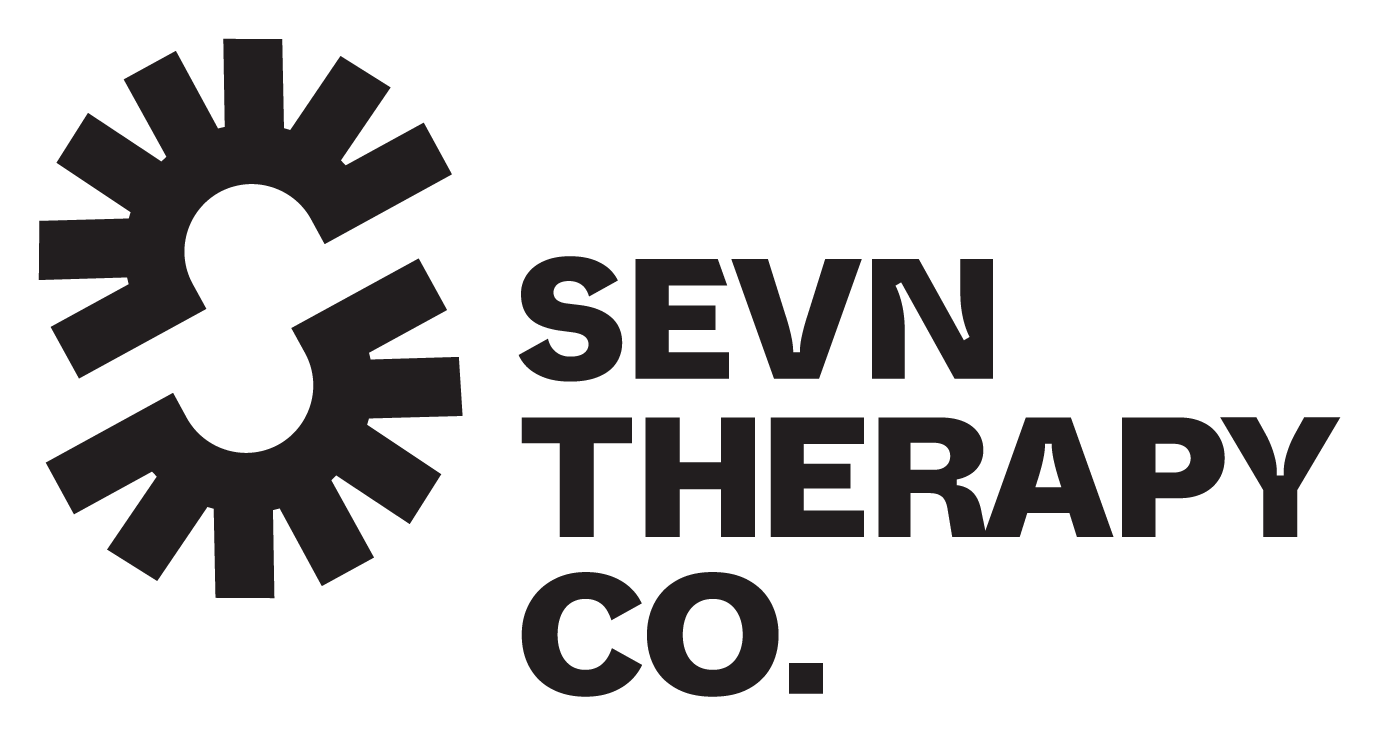3 Topics a Relationship Therapist Should Cover in the First Session

It can be nerve-wracking to anticipate what a relationship therapist will cover during that first session. Will we immediately dive into the issues in our relationship? Could I meet with the relationship therapist individually, or will we both have to attend all sessions? The anxiety of the unknown can be overwhelming. If you’re curious about what topics could be covered during a session with a relationship therapist, keep reading.
A relationship therapist should cover the history of the relationship.
One of the first questions a therapist should ask is the history of your relationship. If you’ve included this information in the intake paperwork, a therapist may have more questions or ask for clarification on a few areas. Some relational difficulties could be traced back to patterns learned during courtship or the early days of the marriage. Beginning with this topic can help the couple feel more at ease talking with a stranger about the most intimate details of the relationship. Many couples may struggle to get comfortable during the intake session, so starting with some readily available information can be helpful.
Bonus tip:
Consider individual sessions. As you begin to discuss the history of the relationship, you may realize that there are some topics you want to process individually. The helpful part about SEVN Therapy Co. is that we have a team of therapists to meet those needs in-house. Our office staff can match you with the best therapist to help you heal and move forward.
A relationship therapist should cover the mechanics of the problem.
A therapist should want to learn about the basics of the topic that brings you to therapy. The ambiguity around that question is what often brings couples to therapy in the first place. It is okay if you do not fully understand the issue. A therapist will want to know how long the problem has been going on. They may ask about the consequences of the problem and what you’ve done to try and fix the problem. It is common for a couple to come in with multiple issues, ranging from parenting conflicts to communication misunderstandings. The therapist will do their best to try to tackle the most pressing issue first and then trickle down to the other more minor issues, should you have them.
A relationship therapist should share their unique approach to therapy.
A relationship therapist should communicate how they plan to tackle your unique situation. Many therapists have their approach to solving relationship problems. Some use a psychoeducational method, teaching about the mechanics of the problems and helping each partner to understand the other. Others may use a Bowenian approach, delving into the specific dynamics between you, your partner and other outside members of the relationship that may be contributing to the chaos in your relationship. As a couple, you want to make sure you not only understand how your therapist hopes to approach your problem but that you can agree with the approach.
Bonus tip:
One of the most difficult aspects of a relationship therapist is making sure both partners feel supported by the therapist. We recommend giving your relationship therapist 3-5 sessions to determine if you and your partner feel appropriately heard. If one member feels the relationship therapist is biased, bring this up in the session. If the problem persists, you may want to consider another therapist.
The first session can be a huge step in getting your relationship on track. Understanding the nuances of the initial session can be helpful in feeling more comfortable with your relationship therapist. I hope these tips give you more comfort as you begin to take the steps toward the health and longevity of your relationship. To schedule an initial session with me, you can click the link here or give us a call at 817-778-0522.

Alicia Williams, LPC-Associate
Supervised by Erin James, LPC-S



